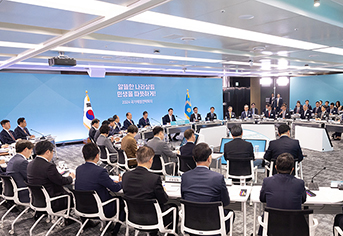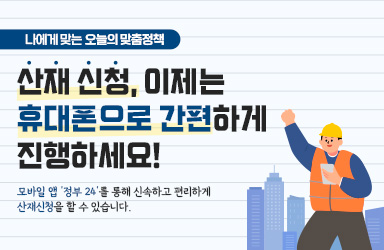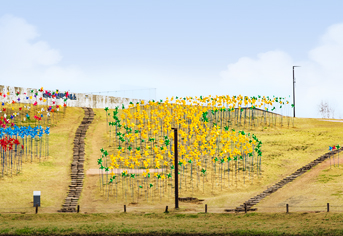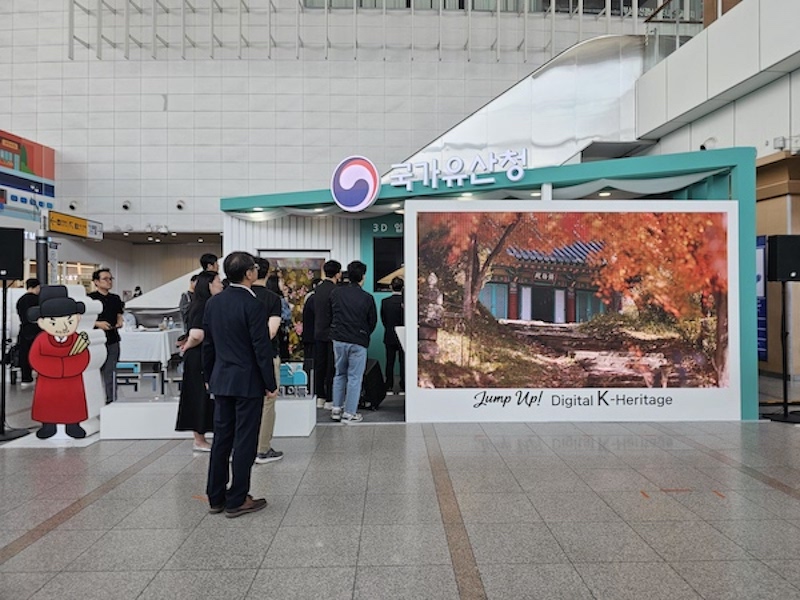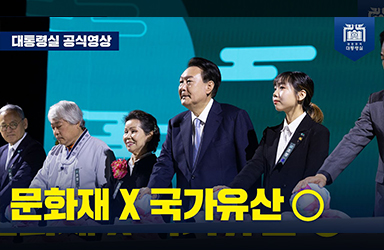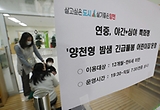Ambassador Chraibi (슈라이비),
President Cho,
Imam Lee,
Representatives from OIC countries,
Members of the Korea-Arab Society,
Ladies and gentlemen,
Ramadan Kareem (라마단 카림)! I am very pleased to host this iftar dinner with you for the third year running.
On the way from my Residence in Hannam-dong to my Ministry, I often see the minarets of the Seoul Central Masjid (Mosque) reaching to the skies, and the halal shops lining the streets. For me, this is a manifestation of how Islam is becoming part of the fabric of Korean society.
In fact, there are now some 200,000 Muslims in Korea, including 30,000 Koreans. Arabic, the language of the Holy Quran, is popular among high school students, with one out of five choosing it as their second foreign language.
The first iftar dinner hosted by my Ministry over a decade ago was a rather modest affair. But since then, it has been propagating the spirit of Islam to Koreans: understanding, mutual respect and tolerance. It has grown in popularity and esteem, and this year, I’m glad to see that more have joined us than ever before for this iftar dinner.
Indeed, today we are also celebrating some important milestones. The KBS Arabic Service is forty years old this year. It has been linking Korea and the Islamic world, delighting audiences all over. I commend the KBS for its great contributions, and I am very pleased that we are co-hosting this dinner together.
Furthermore, this year marks sixty years of Islam in contemporary Korea, since its introduction by Turkish veterans of the Korean War. As you know, the number sixty has a special significance in Korea. So I feel it is timely and appropriate that we are opening a new chapter in our ties with the Islamic world.
In June last year, President Park Geun-hye visited three Central Asian countries, all of them members of the Organization for Islamic Cooperation – Uzbekistan, Kazakhstan and Turkmenistan. This March, she was in Kuwait, Saudi Arabia, the UAE and Qatar. I was especially gratified to see how the region’s leaders and businessmen called us “rafeeq,” or companions, and were keen to strengthen our cooperation.
Ladies and gentlemen,
This year, we’ve had a string of tragic events, from the Charlie Hebdo attack to the barbarity of ISIL, that have reminded us of the importance of understanding and mutual respect for cultural, ethnic, religious and sectarian differences. Indeed, the UN at 70 is working hard to promote tolerance and respect through campaigns such as the Alliance of Civilizations.
For our part, my government is committed to contributing to the happiness of the global community. In this respect, we have been increasing our role in promoting the public good through “humanitarian diplomacy,” from development cooperation, assistance for refugees and disaster relief to supporting global health, as in the Ebola outbreak. Like the UN has outlined, the past year has been unprecedentedly challenging, with 60 million persons of concern in need of humanitarian support. A painful fact is that over half of them are Muslims.
For me, my visit to the Zaatari Syrian refugee camp in Jordan last December was an eye-opening experience. Seeing their plight and donating ‘caravan’ houses has convinced me that we should keep up our humanitarian diplomacy.
Indeed, I believe that in addressing such challenges around the world, we can learn from the spirit and deeds epitomized by Ramadan: empathizing with those in need by fasting; sharing charity through zakat; reaffirming the teachings of toleration and peace.
And I am heartened to see that many Koreans are willing to share such spirit. The MENA Club has held a successful event called “Iftar Korea,” thereby fulfilling its mission of bringing our youth and Muslims closer together. My Ministry’s Middle East and Africa Bureau is actively organizing internal lectures and events that promote understanding on the Middle East and the Islamic world. And the seven young Korean diplomats here with us have fasted today as a token of solidarity.
These may be small steps. But together, I am sure that they will go a long way in building trust and friendship. I know these are the long summer days, and that you are hungry. So let’s get ready for dinner. Thank you very much.
 이 누리집은 대한민국 공식 전자정부 누리집입니다.
이 누리집은 대한민국 공식 전자정부 누리집입니다.





